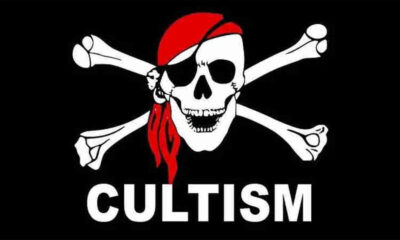Africa
S’African soldier convicted of deliberately infecting girlfriend with HIV
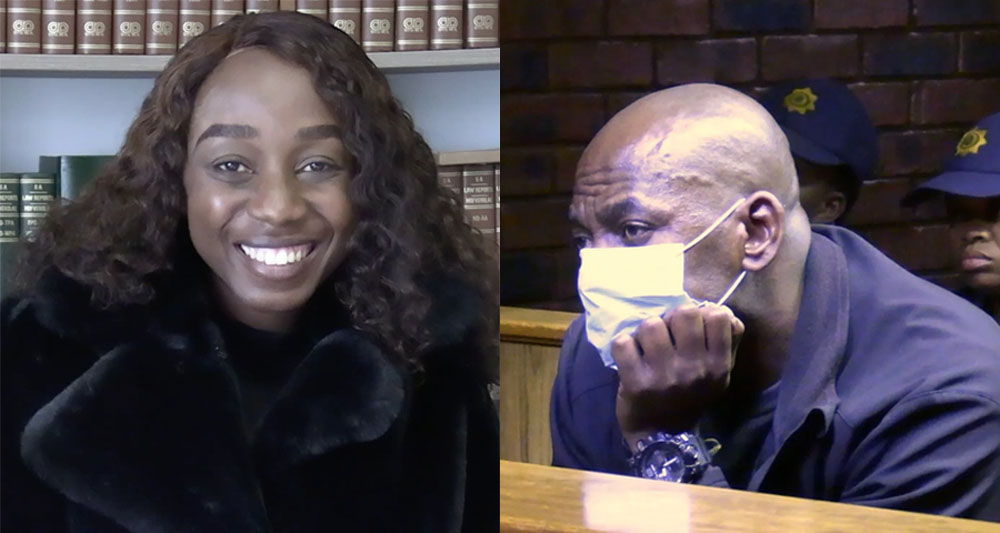
S’African soldier convicted of deliberately infecting girlfriend with HIV
A former member of the South African National Defence Force (SANDF) has been convicted of attempted murder and rape after intentionally infecting his girlfriend with HIV.
Leon Santos Conga appeared before the Pretoria Magistrate’s Court on Tuesday, June 11, 2024, where he was found guilty of rape and attempted murder.
The victim, Antoinette Ndishishi, was represented by AfriForum’s Private Prosecution Unit.
AfriForum said it forced the SANDF to release Conga’s medical records, which revealed that he had been aware of his HIV status since 2007.
According to AfriForum, the SANDF initially refused to release the records that led the National Prosecuting Authority (NPA) to withdraw the case twice.
READ ALSO:
- HoS suspends perm sec, orders probe over alleged sexual harassment
- Finland, EU shielding Simon Ekpa – Defence Chief
- APC can no longer win elections except through rigging, says ex-party National VC Salihu Lookman
Conga became romantically involved with the victim, who is also in the SANDF, in 2016.
The victim said she only consented to having sex with Conga on the understanding that he was HIV-negative.
She said they had discussed the issue before but Conga never disclosed his status.
She further added that if Conga had disclosed his status, she would not have agreed to have sex.
The court also found the victim to be a credible witness.

Antoinette Ndishishi and Leon Santos Conga
“Despite her testifying after at least four years since the incident took place, she gave a clear and a detailed account of what transpired. She didn’t contradict herself on any aspect,’’ said the Magistrate.
Meanwhile, advocate Gerrie Nel, AfriForum’s head of the Private prosecution unit said the judgment was a significant development of the law because it has provided a better understanding of the meaning of consent.
“We share the victim’s relief over the verdict, but we also believe she has been vindicated. When she approached our office, she was receiving no assistance, not even from the SANDF. The private prosecution unit will continue to support women who fight their way through the justice system in order for their voices to be heard,” Nel said.
Matter has been postponed to August, 7, 2024 for sentencing argument.
In 2018, Antoinette Ndishishi approached AfriForum's Private Prosecution Unit for help. The SANDF had refused to hand over the accused's health records. The PPU's intervention secured those records. We have supported Antoinette throughout the process. pic.twitter.com/kWZTocYDwa
— Barry Bateman (@barrybateman) June 12, 2024
S’African soldier convicted of deliberately infecting girlfriend with HIV
Africa
ECOWAS small business group proposes railway corridor for member states
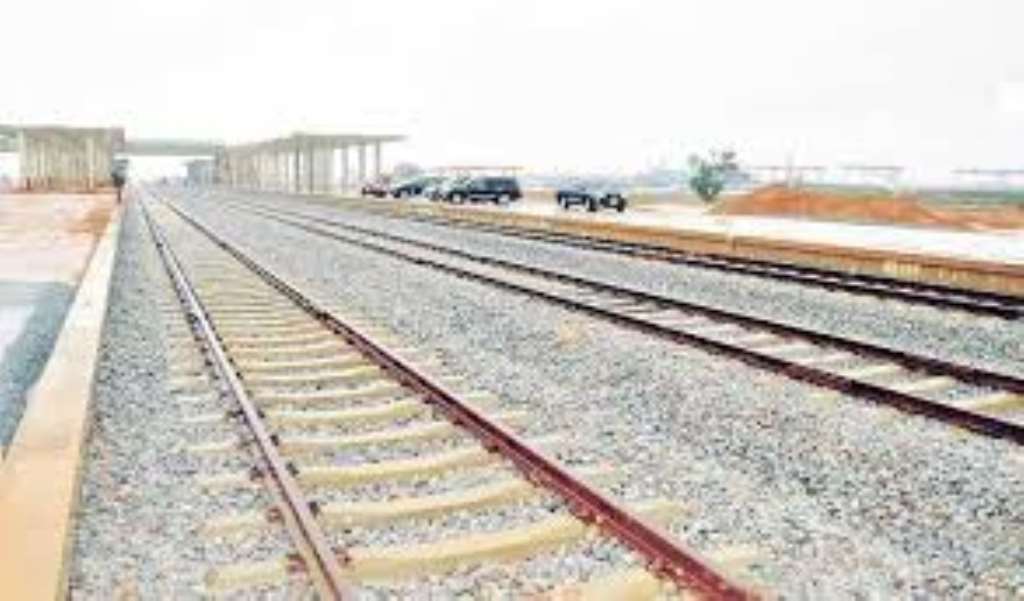
ECOWAS small business group proposes railway corridor for member states
Micro, Small, and Medium Enterprises (MSMEs) in the ECOWAS region, under the ECOWAS Small Business Coalition (ESBC), have called for the establishment of a railway corridor linking all member countries, alongside the existing road network.
The proposal was made at the end of their inaugural exhibition and workshop, which took place from November 21 to November 23 in Abidjan, Ivory Coast.
According to the News Agency of Nigeria (NAN), the event, organized by the ESBC in partnership with the ECOWAS Commission and Ivory Coast’s Ministry of Commerce and Industry, brought together small business operators from across the region.
The coalition highlighted the challenges faced by SMEs in transporting goods and services within the ECOWAS subregion.
They emphasized the need for better communication and a clearer understanding of cross-border trade obligations, as well as improvements in the movement of goods and people.
While ECOWAS has confirmed the free movement of goods and people under existing protocols, it clarified that such movements still require compliance with formalities and customs duties.
Addressing transportation and trade barriers
NAN reports that during the workshop, members of the ESBC presented a range of proposals to address transportation challenges.
READ ALSO:
- Nigeria, Brazil sign MoU to boost agribusiness in 774 LGAs
- SERAP demands probe of missing N57bn in Humanitarian Affairs Ministry
- New presidential aide Bwala alleges media conspiracy against him
They called for an end to cross-border harassment and corruption, which they attributed to the imposition of unnecessary taxes.
They also suggested that local Small Business Coalitions (SBCs) should be empowered to issue certificates of origin to entrepreneurs to streamline trade processes.
Additionally, the coalition proposed the establishment of online training platforms for SBCs to enhance their capacity to support SMEs.
Proposals for improving access to information and financing
- The coalition also noted the importance of access to information for the success of SMEs and urged them to take advantage of policies such as the African Continental Free Trade Area (AfCFTA) and ECOWAS frameworks.
- They called for greater awareness of these initiatives to help SMEs navigate trade barriers.
- Furthermore, reports inform that the coalition underscored the need for the harmonization of fiscal policies across the ECOWAS region and advised SMEs to choose suitable business models and consult advisory firms for better guidance.
Innovation and sustainable development for SMEs
- The coalition also discussed the need for greater innovation and sustainability in the region’s SMEs to enhance their competitiveness.
- They proposed training programs focused on certification, efficient technology transfer, and increased research to help businesses expand across borders.
- Despite the availability of financing mechanisms for SMEs, the coalition pointed out that many small businesses struggle to access these funds due to inadequate resources and poor absorption capacity.
- In response, they suggested focusing on promoting new business models suited to African realities and learning from the BRICS nations’ approach to economic development.
Future initiatives for strengthening SMEs
- ESBC proposed several initiatives to further support SMEs in the region.
- These included the creation of an ESBC television network to raise awareness, the establishment of a dedicated bank for SME financing, and the development of strategies to encourage a common currency within ECOWAS.
- They also called for the removal of customs and monetary barriers and the establishment of international shipping lines to improve logistics. To address the needs of landlocked countries, the coalition proposed facilitating better access to ports for these nations.
- The ESBC concluded that substantial work remains to be done to enhance the competitiveness and growth of SMEs in the ECOWAS region, particularly in the areas of innovation, financing, and cross-border trade facilitation.
ECOWAS small business group proposes railway corridor for member states
Africa
Boyfriend of murdered Kenyan journalist arrested
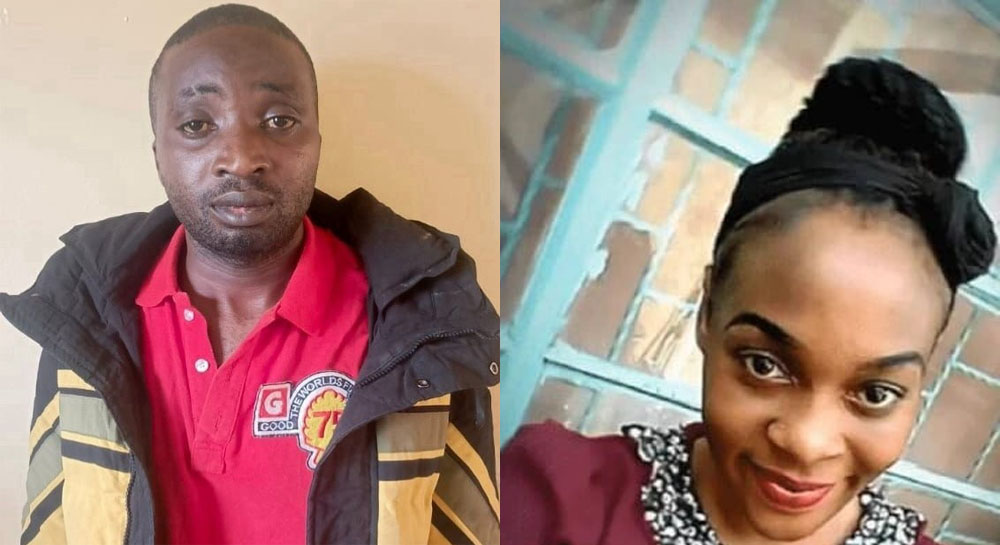
Boyfriend of murdered Kenyan journalist arrested
Africa
Baltasar Engonga: I dated him for four years, lady says, sues for betrayal
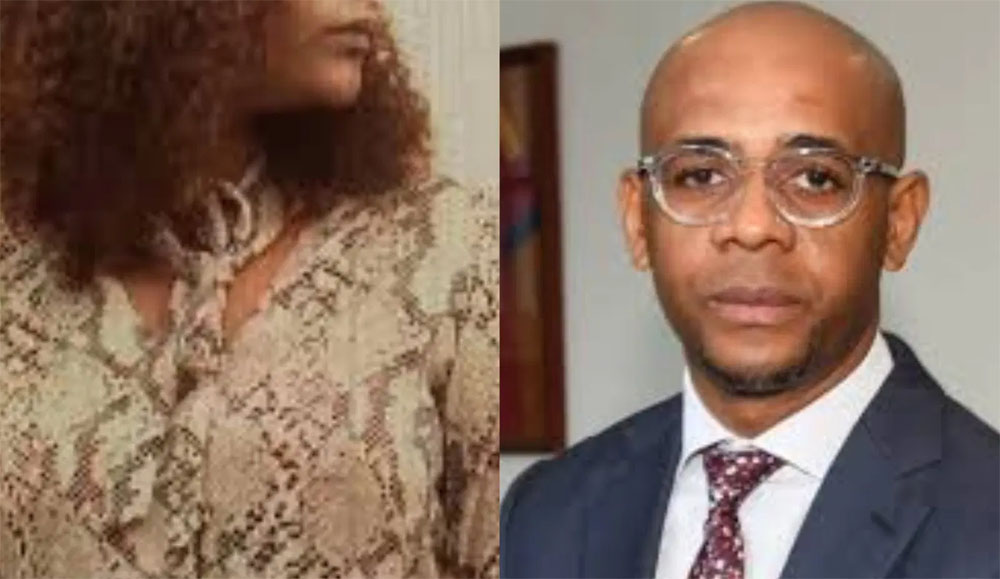
Baltasar Engonga: I dated him for four years, lady says, sues for betrayal
Cristel Nchama, one of the women appearing in viral explicit videos allegedly involving Baltasar Engonga, the former director-general of Equatorial Guinea’s National Financial Investigation Agency (ANIF), has filed a formal complaint with the National Gendarmerie in Malabo.
Engonga has been the focus of intense public scrutiny after investigators, probing allegations of fraud, searched his home and office and reportedly uncovered approximately 400 explicit videos featuring him with multiple women.
The tapes allegedly show Baltasar Engonga with his brother’s wife, his cousin, the sister of the country’s president, the wife of the director-general of police, and around 20 wives of ministers, among others.
The recordings, which have since gone viral, are said to have taken place in Engonga’s office, hotels, and bathrooms, purportedly with the consent of those involved.
READ ALSO:
- Biden, Trump set for rare direct encounter at White House this week
- Why I married my husband – Mercy Aigbe
- Police helpless as many killed in Edo cultists frequent clashes
In her complaint, Nchama disclosed that she had been in a four-year relationship with Engonga and expressed profound distress over the public leak of the videos, which she says has harmed her reputation.
Nchama claimed that Engonga “misled” her into trusting him and that she had initially resisted being filmed, under the impression that any recordings would be deleted.
She also claimed to have been “betrayed” by Bello for publishing the videos.
“I am humiliated,” she stated. “It is my reputation, my honour. I want to know where these images came from and why he kept the images.”
In addition to filing her complaint, Nchama has demanded reparations from Engonga for the damage caused to her reputation and personal dignity.
Following the scandal, the government dismissed Engonga from his position at ANIF on Thursday.
Officials also announced the suspension of various public officials allegedly involved in sexual activities within government offices.
Baltasar Engonga: I dated him for four years, lady says, sues for betrayal
-

 metro17 hours ago
metro17 hours agoBREAKING: Port Harcourt refinery begins operation
-

 Business2 days ago
Business2 days agoJust in: Dangote refinery reduces petrol price for marketers
-

 metro1 day ago
metro1 day ago40-foot container falls on car in Lagos
-

 Politics3 days ago
Politics3 days ago2027: Lagos Speaker, Obasa joins gov race, may battle Seyi Tinubu, others
-

 Politics1 day ago
Politics1 day agoLagos 2027: Seyi Tinubu campaign team releases his life documentary
-

 International1 day ago
International1 day agoTrump to sack 15,000 transgender officers from U.S. military: Report
-

 Entertainment1 day ago
Entertainment1 day agoPolygamy best form of marriage for Africa – Okey Bakassi
-
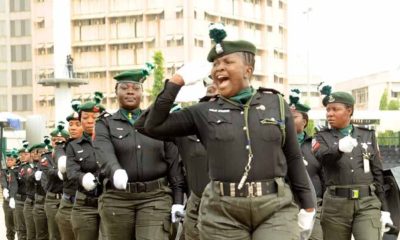
 metro2 days ago
metro2 days agoPolicewoman dismissed in Edo threatens to kill children, commit suicide



